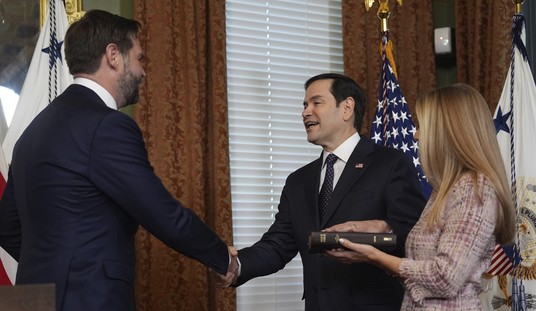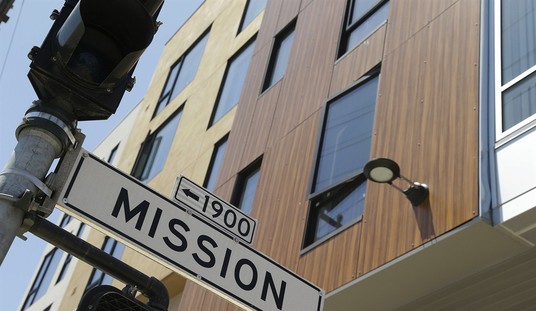For all of those (cough, cough) who routinely try to exploit open-access Wi-Fi networks, be warned — it could be a trap. The FBI issued a warning today to all freeloaders that hackers could have provided that free Internet access, and they could be tracking every move you make over it:
You’re at the airport waiting for your flight. With time to kill, you’re thinking of connecting your laptop to the airport’s Wi-Fi to check your office e-mail…do some personal banking…or shop for a gift for your spouse.
But first, consider this: odds are there’s a hacker nearby, with his own laptop, attempting to “eavesdrop” on your computer to obtain personal data that will provide access to your money or even to your company’s sensitive information.
Here’s something else to consider: there are 68,000 Wi-Fi “hot spots” in the U.S. (see the graphic below for the top Wi-Fi countries), at airports, coffee shops, hotels, bookstores, schools, and other locations where hundreds or thousands of people pass through every day. While many of these hot spots have secure networks, some do not, according to Supervisory Special Agent Donna Peterson of our Cyber Division. And connecting to an unsecure network can leave you vulnerable to attacks from hackers.
How do hackers grab your personal data out of thin air? Agent Peterson said one of the most common types of attack is this: a bogus but legitimate-looking Wi-Fi network with a strong signal is strategically set up in a known hot spot…and the hacker waits for nearby laptops to connect to it. At that point, your computer—and all your sensitive information, including user ID, passwords, credit card numbers, etc.—basically belongs to the hacker. The intruder can mine your computer for valuable data, direct you to phony webpages that look like ones you frequent, and record your every keystroke.
It could be a little instant computing karma making its way around to the freeloaders, as well. After all, latching onto someone else’s network without compensating them may not exactly be stealing, but it’s hardly a good-neighbor policy, either. The hackers are exploiting exploitative behavior, and some may see this as just desserts.
Most airports now offer fee-based Wi-Fi access, but if one travels often enough, a Verizon card or an equivalent is probably the way to go. It offers a reasonably secure connection anywhere where a cell signal can be found, and the speed is usually equivalent or better than DSL. It’s about as expensive, but anyone who needs Internet access regardless of where they are should invest in one. Either that, or give the obsession a rest while traveling.








Join the conversation as a VIP Member